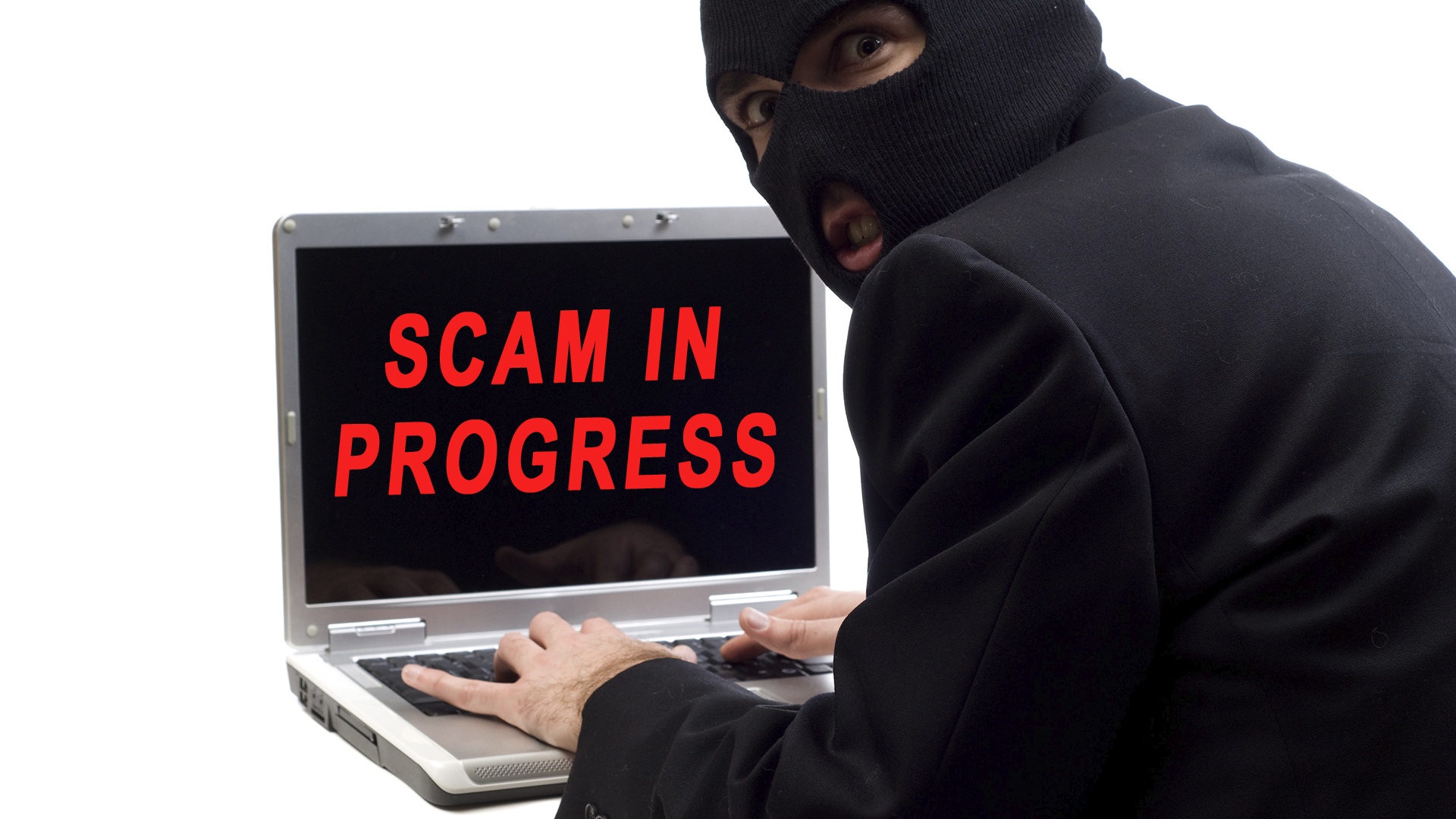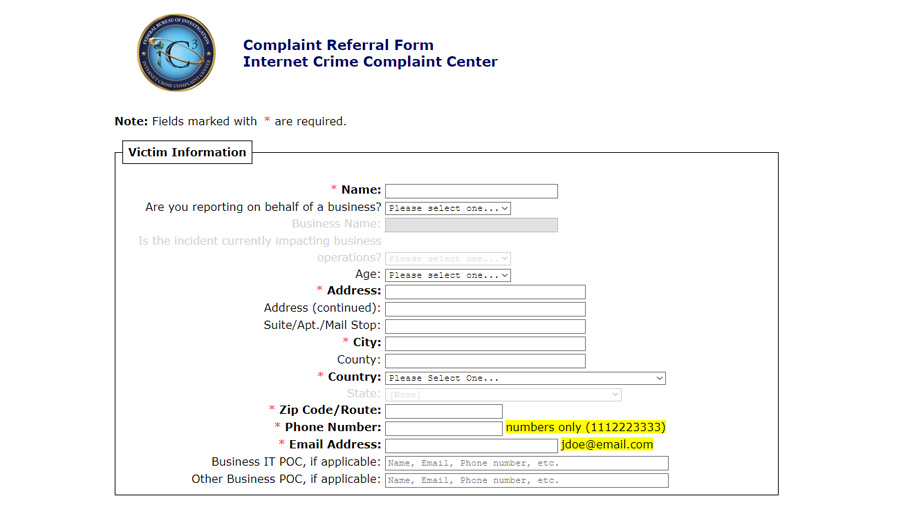
Internet scammers are becoming more and more sophisticated, and often invest thousands of Euros for creating credible, professional websites with the idea of deceiving even the most experienced. In addition to creating the site, they often create a corporative image, with news, publications, commentaries and even false control organizations. Really protecting yourself from online scams isn’t easy!
There are 3 steps that anyone can easily carry out:
- Check who owns the website on whois.icann.org
Big businesses don’t hide the ownership of a website; if the ownership is hidden, it’s probably a scam.
- Check the name of the company and its record
If the name of a business is provided, it’s possible to check it in the country where it’s registered,
- Look for reports of fraud, on the web, related to the business or the website, which coincide with the word SCAM and its translation to the main languages.
- Spanish: estafa
- Arabic: سَرِقَة
- Brazilian Portuguese: fraude
- Chinese: 诡计
- Croatian: prevara
- Czech: podfuk
- Danish: svindel
- Dutch: zwendel
These three steps can put you on alert, but you aren’t protected with just this. Truthfully, the best thing to do is to contact experts.
The law firm Caporaso & Partners – oriented, for this type of work, toward online activities, and its ample network of lawyers, accountants, private investigators and computer security experts – has ample experience in Internet scams and they can offer you a very efficient prevention service. The price for checking an online activity is 300 EUR. If you need a more in-depth investigation, please contact us for a quote.
If you have been scammed on Internet, don’t forget to report it to the Postal Police.
Presenting the complaint to the website of the Internet Crime Complaint Center of the United States government, the entity responsible for receiving online complaints for international and American scams.

